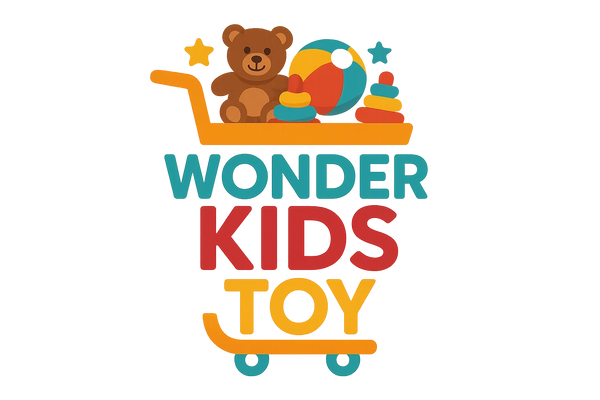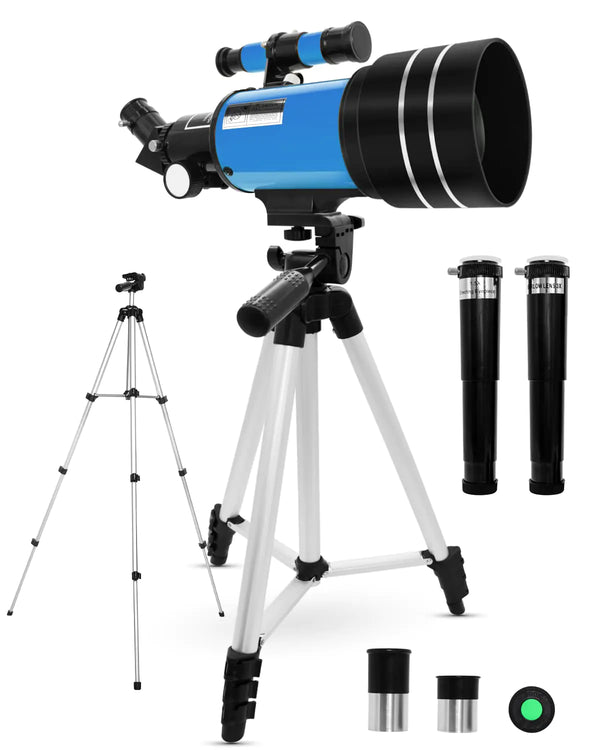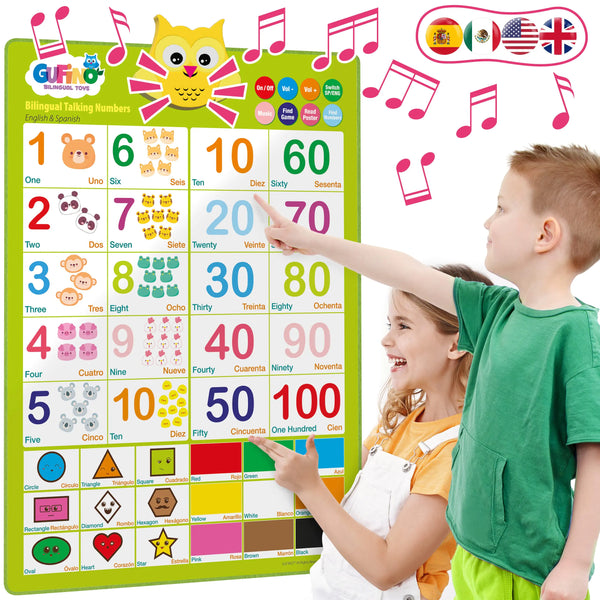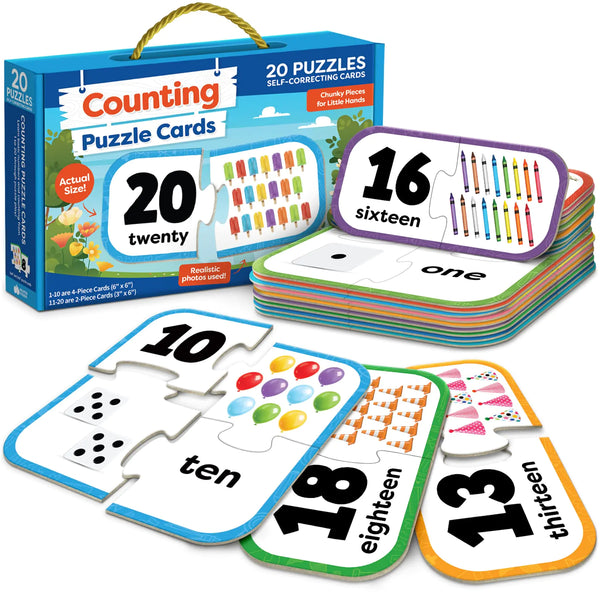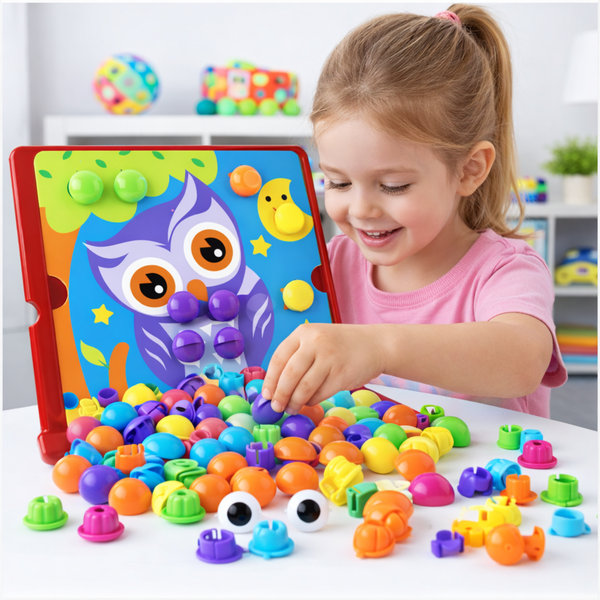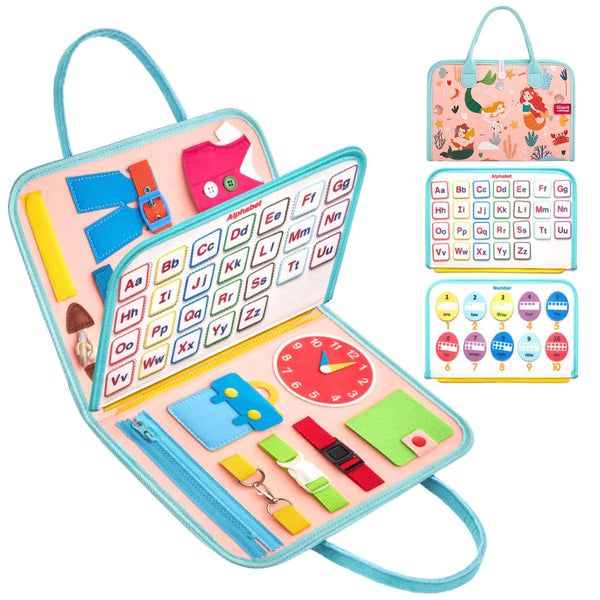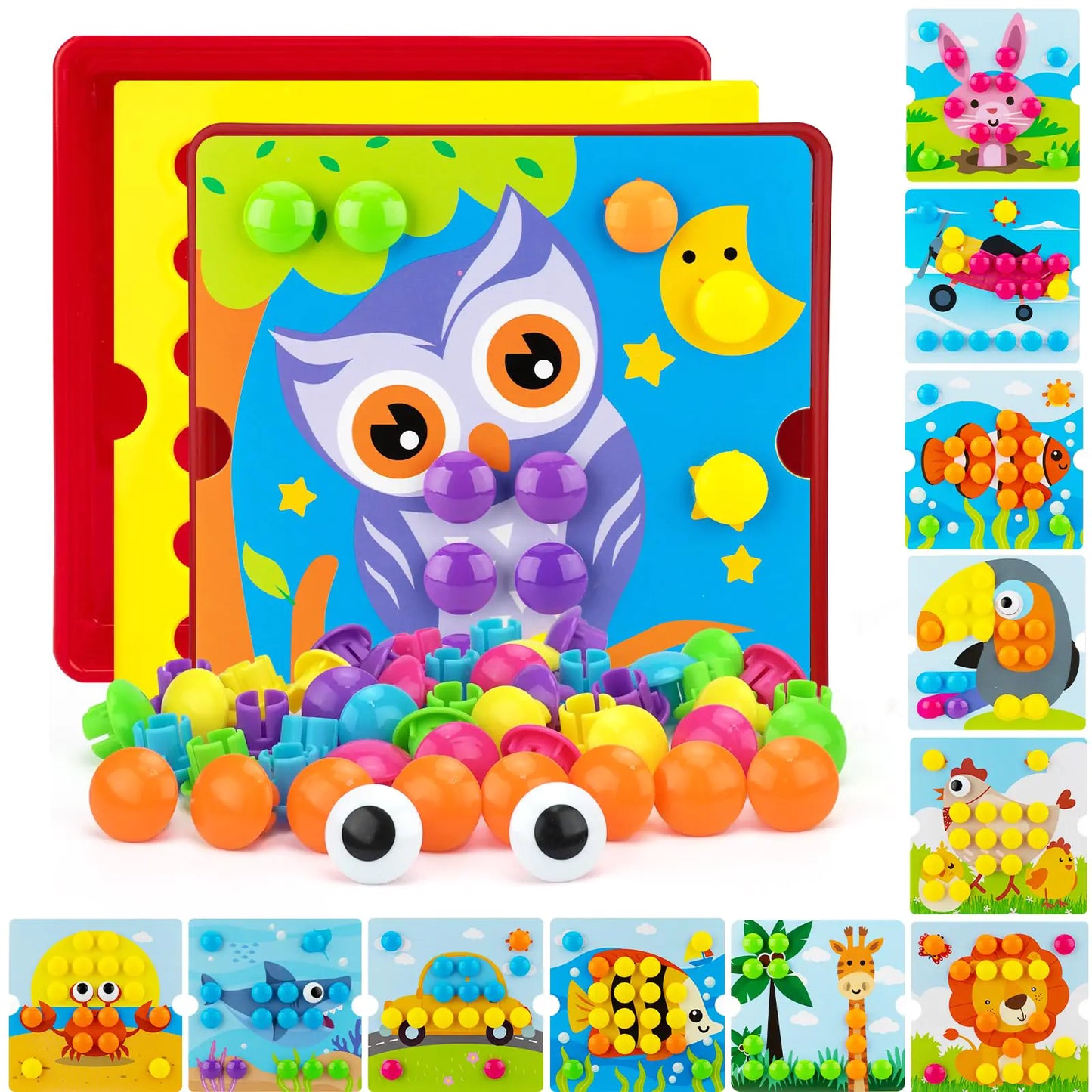Puzzles play a pivotal role in early childhood education, offering a delightful blend of entertainment and learning. They are not only engaging tools that captivate the attention of preschoolers but also serve as an effective means to enhance problem-solving skills, shape recognition, and cognitive development. The sense of achievement that comes with completing a puzzle can also boost a child's self-esteem, which is crucial for tackling various challenges in life. This article will explore the best educational puzzles that promise to enrich the preschool learning experience while ensuring that playtime is both fun and fruitful.
Key Takeaways
- Educational puzzles are essential for developing a preschooler's cognitive skills and problem-solving abilities.
- Puzzles can improve shape recognition and fine motor skills, serving as a foundation for future academic success.
- The sense of accomplishment from completing puzzles can enhance a child's self-esteem and encourage persistence.
- Puzzles come in various forms, including wooden geometric shapes, floor puzzles, and character puzzles, catering to different learning stages.
- Incorporating puzzles into early education settings can make learning more interactive and enjoyable for children.
1. Kids Preschool Puzzle

As a parent, I'm always on the lookout for toys that are not only fun but also enhance my little one's learning. That's where Kids Preschool Puzzle comes in—a perfect blend of entertainment and education for preschoolers. These puzzles strike a balance between being challenging and achievable, which is crucial for keeping young minds engaged without causing frustration.
Here's why I think they're a must-have:
- Shape and color recognition: As kids fit pieces into the right spots, they learn to identify various shapes and colors.
- Language skills: With each completed puzzle, there's an opportunity to learn new words and practice language.
- Fine motor skills: Handling small puzzle pieces helps in developing dexterity and hand-eye coordination.
- Problem-solving: Puzzles teach children to think logically and approach problems methodically.
- Patience and perseverance: Completing a puzzle requires focus and persistence, valuable life skills for any child.
Puzzles are more than just playtime; they're a stepping stone to learning complex skills in a simple and enjoyable way.
And let's not forget the sense of accomplishment they feel when they hear "Great job!"—it's a boost to their self-esteem that can ripple through other areas of their life. Here's a quick look at some popular options and their ratings:
| Puzzle Type | Age Group | Rating | Price |
|---|---|---|---|
| Numbers Puzzle | Ages 3+ | 4.8/5 | $21.27 |
| Farm Animals Puzzle | Ages 1+ | 4.8/5 | $15.99 |
Remember, the best puzzle is one that matches your child's interests and developmental stage. Happy puzzling!
2. Toddler Name Puzzles

As a parent, I'm always on the lookout for games and activities that can help my little one grow and learn. That's where toddler name puzzles come in – they're a fantastic tool for early learning. These personalized puzzles not only teach them how to recognize and spell their name but also enhance their fine motor skills.
Here's why I think they're a must-have:
- Personalization: Each letter of your child's name becomes a puzzle piece, making it a unique and engaging experience.
- Fine Motor Development: Handling the pieces helps improve dexterity and hand-eye coordination.
- Cognitive Skills: They begin to understand the concept of letters forming words, especially meaningful ones like their name.
Toddler name puzzles are more than just a fun activity; they lay the groundwork for literacy and cognitive development.
And let's not forget the sense of accomplishment they feel when they complete the puzzle on their own. It's a confidence booster!
Here's a quick glance at the benefits:
| Benefit | Description |
|---|---|
| Personalization | Tailored to your child's name |
| Motor Skills | Enhances fine motor development |
| Cognitive Growth | Builds foundational literacy skills |
Remember, the best puzzle for your toddler will depend on their age and skill level, but name puzzles are a great starting point. They're a playful way to introduce problem-solving and can be incorporated into your daily routine effortlessly. So, why not add one to your preschooler's collection of educational toys?
3. Floor Puzzles

As a parent, I'm always on the lookout for engaging and educational activities for my little ones, and puzzles are a fantastic option. Floor puzzles, in particular, are a hit with preschoolers. They're large, easy to handle, and they can cover a variety of educational themes. Here's why I think they're a must-have:
- Size: Their large pieces are perfect for small hands to manipulate, which helps in developing fine motor skills.
- Teamwork: They're big enough for multiple children to work on together, encouraging cooperative play and social skills.
- Educational Content: Many floor puzzles are designed with educational themes, such as maps, animals, or the solar system, which can spark curiosity and learning.
Here's a quick table to show the benefits of floor puzzles:
| Benefit | Description |
|---|---|
| Motor Skills | Large pieces improve hand-eye coordination. |
| Problem-Solving | Figuring out where each piece goes enhances critical thinking. |
| Knowledge Gain | Themed puzzles teach about various subjects. |
Floor puzzles are not just about fun; they're a tool for learning. They can turn an ordinary afternoon into an adventure in learning, whether it's exploring the jungle with animal puzzles or traveling the world with a map puzzle. And the best part? You'll see your child's pride in their accomplishment when they place that final piece. It's a rewarding experience that goes beyond the puzzle itself.
4. Wooden Geometric Shape Puzzles

As a parent, I'm always on the lookout for toys that are not only fun but also educational. That's where wooden geometric shape puzzles come in. These puzzles are fantastic for little ones as they combine play with learning. They help preschoolers grasp the basics of geometry by matching shapes to their corresponding slots.
Here's why I think these puzzles are a must-have for your preschooler:
- They enhance fine motor skills as kids pick up and fit pieces into place.
- They introduce basic geometry concepts in a hands-on way.
- They come in various themes like animals and transportation, which can expand vocabulary.
- They're durable and can withstand the enthusiastic play of preschoolers.
Knob puzzles, in particular, are great because they have large pieces that are easy for small hands to handle. Plus, they're often painted with vibrant colors and designs that capture a child's attention.
Remember, the goal is to make learning so much fun that it doesn't feel like learning at all!
If you're considering adding these to your toy collection, here's a quick guide to the types of wooden geometric shape puzzles available:
- Chunky wooden puzzles
- Knob puzzles
- Cube puzzles
- Peg puzzles
Each type offers a different level of challenge and can cater to various stages of your child's development. So, why not give them a try and watch your little one enjoy hours of educational play?
5. Jigsaw Puzzles

I've always found jigsaw puzzles to be a fantastic way for preschoolers to boost their early learning. Not only do they provide a fun challenge, but they also enhance critical thinking and attention to detail. Jigsaw puzzles are the classic brain teasers that come in various designs and difficulty levels, making them perfect for children of all ages.
Here's why I think jigsaw puzzles are a must-have in your educational toy arsenal:
- They promote problem-solving skills as kids figure out where each piece goes.
- Puzzles encourage patience and strategy, which are valuable life skills.
- Completing a puzzle provides a sense of achievement and boosts self-esteem.
- They can be a social activity, fostering teamwork and communication when solved in groups.
Jigsaw puzzles are not just toys; they're tools for learning. They help in developing fine motor skills and hand-eye coordination, especially for younger children.
When selecting puzzles for your little ones, consider the number of pieces and the size of the pieces, ensuring they are age-appropriate. Here's a quick reference table:
| Age Group | Puzzle Type | Features |
|---|---|---|
| Young Children | 12-24 piece | Large pieces, easy to handle |
| Children | 24-100 piece | Shaped puzzles, more complexity |
| Pre-teens | 100-300 piece | Complex designs and patterns |
Remember, educational toys like puzzles and memory games not only enhance children's skills but also promote cognitive development and encourage social interaction. Quality, durability, and safety are key considerations when choosing these toys for your kids.
6. Shape Recognition Puzzles

As I've been exploring the world of educational toys for my little one, I've discovered that shape recognition puzzles are a fantastic way to boost early learning. These puzzles are not just about fitting a square peg into a square hole; they're about nurturing a child's ability to recognize and categorize the world around them. Shape sorters and jigsaw puzzles are valuable tools for enhancing toddlers' cognitive growth, improving recognition and problem-solving skills through play.
Here's why I think every preschooler should have shape recognition puzzles in their toy box:
- Development of Fine Motor Skills: Handling the pieces helps improve dexterity.
- Enhancement of Cognitive Skills: Kids learn to identify and sort shapes, which is crucial for early math skills.
- Problem-Solving: Figuring out where each piece goes encourages logical thinking.
- Matching: Many puzzles come with pieces that match the board underneath, aiding in visual recognition.
Remember, the goal is to make learning fun and interactive. Shape recognition puzzles do just that, while also preparing your child for more complex concepts down the road.
When selecting puzzles, look for a variety of shapes and colors to keep your child engaged. Chunky wooden puzzles are great for little hands, and those with knobs can help with grasping skills. Here's a quick guide to get you started:
| Puzzle Type | Skill Focus |
|---|---|
| Chunky Wooden Puzzles | Fine Motor Skills |
| Knob Puzzles | Grasping and Matching |
| Cube Puzzles | Coordination and Logic |
| Board Puzzles | Shape and Color Matching |
By incorporating these puzzles into playtime, you're not only giving your child a head start on education but also creating a bonding experience filled with learning and laughter.
7. Alphabet and Number Puzzles

When it comes to giving our little ones a head start, alphabet and number puzzles are a no-brainer. They're not just toys; they're tools for building the foundations of literacy and numeracy. Puzzles play a vital role in sensory development and cognitive growth in children. They enhance language, problem-solving skills, and critical thinking through engaging activities tailored to different age groups and cognitive abilities.
Here's a quick look at some popular options and their prices:
| Puzzle Type | Price Range |
|---|---|
| Rhyming 2-Piece Puzzles | $19.57 - $26.09 |
| Uppercase and Lowercase Alphabet Puzzles | $19.57 - $26.09 |
| Number Puzzles for Kids Ages 3+ | $21.27 |
| Alphabet and Number Interlocking Puzzle Mats | $86.21 - $114.95 |
By integrating these puzzles into playtime, we're not just keeping our kids occupied; we're actively engaging their minds in a way that's both fun and educational.
- Rhyming 2-Piece Puzzles: These are great for connecting sounds to symbols, a key skill in early reading.
- Uppercase and Lowercase Alphabet Puzzles: Perfect for recognizing letter shapes and learning the difference between uppercase and lowercase.
- Number Puzzles: These help with counting and recognizing numbers, setting the stage for math skills.
- Interlocking Puzzle Mats: Besides being super fun to put together, they can cover a large play area and double as a learning tool for both letters and numbers.
8. Colorful Character Puzzles

When it comes to engaging preschoolers and capturing their attention, nothing beats the vibrancy of colorful character puzzles. These puzzles are not just fun; they're a feast for the eyes and a fantastic tool for educational development. Each piece is a mini-adventure, as kids discover where it fits and gradually reveal a favorite character or scene.
Here's why I think they're a must-have:
- Visual Stimulation: Bright colors and familiar characters stimulate visual learning.
- Hand-Eye Coordination: Picking up, placing, and fitting puzzle pieces enhances fine motor skills.
- Memory Boost: Remembering which piece goes where encourages memory retention.
- Problem-Solving: Figuring out how pieces fit together teaches critical thinking.
These puzzles are more than just playthings; they're building blocks for your child's development.
And let's talk about variety. From superheroes to fairy tale figures, there's a character puzzle that will resonate with every child. Plus, they're great for solo or group play, fostering both independence and teamwork.
Here's a quick glance at some popular options and their prices:
| Puzzle | Pieces | Price |
|---|---|---|
| Trend Enterprises Colors | 24 | $19.57 |
| Melissa & Doug Farm | 8 | $30.59 |
Remember, the goal is to challenge your child just enough to keep them intrigued without causing frustration. So, choose a puzzle that's appropriate for their age and watch them light up with every piece they place correctly!
9. Problem-Solving Skill Puzzles

I've always believed that every preschooler is a little detective in the making, and nothing brings out their inner sleuth like problem-solving skill puzzles. These puzzles are not just about putting pieces together; they're a journey of discovery, where each piece is a clue leading to that 'aha!' moment. It's thrilling to watch as kids develop their problem-solving skills, learning to strategize and persevere until the picture is complete.
Here's why I think these puzzles are a must-have for your little one's early learning toolkit:
- Cognitive Development: Puzzles enhance cognitive development in children by improving problem-solving, patience, and concentration.
- Confidence Building: There's nothing like the sense of accomplishment a child feels when they place that final puzzle piece.
- Fine Motor Skills: Handling puzzle pieces helps in strengthening little fingers and coordination.
To sum it up, here's a quick table showing the cool ways puzzles boost brain power:
| Cognitive Skill | How Puzzles Help |
|---|---|
| Problem-Solving | Figuring out where each piece fits |
| Patience & Perseverance | Learning to keep trying and not give up |
| Critical Thinking | Thinking outside the box |
Remember, when your child is immersed in a puzzle, they're not just playing—they're learning and growing in essential ways that will support their journey into preschool and beyond.
10. Cognitive Development Puzzles

As a parent, I'm always on the lookout for toys that are not just fun, but also offer a learning edge for my little one. That's where cognitive development puzzles come into play. These puzzles are more than just a pastime; they're a brain-boosting powerhouse for preschoolers. They enhance problem-solving, patience, perseverance, and critical thinking in a fun way.
Here's why I think every parent should consider these puzzles for their child:
- Problem-Solving Skills: Puzzles require kids to think strategically, like little detectives on a mission to solve a mystery.
- Motor Skills Enhancement: They improve fine motor skills and hand-eye coordination.
- Emotional and Social Growth: Completing puzzles gives a sense of accomplishment, boosting confidence and fostering resilience.
- Attention and Concentration: Puzzles can captivate a child's attention, enhancing their focus and concentration.
Puzzles aren't just fun and games; they're a crucial part of child development, building physical and mental skills hand in hand.
And the benefits are backed by research. Studies show that educational puzzles play a significant role in cognitive development. Here's a quick look at some findings:
| Age Group | Improvement Noted |
|---|---|
| 2-3 years | Color & Shape Recognition |
| 3-4 years | Problem-Solving Skills |
| 4-5 years | Memory & Attention Span |
So next time you're shopping for your preschooler, consider cognitive development puzzles. They're a smart investment in your child's future.
Elevate your child's learning experience with our '10. Cognitive Development Puzzles' at Wonder Kids Toy Store. These puzzles are meticulously designed to boost creativity, enhance problem-solving skills, and promote critical thinking in young minds. Don't miss out on the opportunity to transform playtime into a rich educational journey. Visit our website now to explore our exclusive collection and give your child the gift of knowledge through play!
Wrapping It Up: Puzzles as Playful Learning Partners
And there you have it, folks! We've journeyed through a world where colorful pieces fit together to form the bigger picture of early learning. Puzzles are more than just playthings; they're the silent teachers of patience, problem-solving, and perseverance. Whether it's wooden shapes or jigsaw marvels, each puzzle piece holds the potential to unlock a child's imagination and intellect. So, let's scatter those pieces and watch as our little ones piece together their own masterpieces of learning. Remember, every 'click' of a puzzle piece is a 'eureka' in a preschooler's brain. Happy puzzling!
Frequently Asked Questions
What age range are educational puzzles for preschoolers suitable for?
Educational puzzles are typically suitable for children aged 3 to 5 years old, aligning with the preschool age range.
How do puzzles support early learning in preschoolers?
Puzzles help preschoolers develop problem-solving skills, fine motor skills, shape recognition, and cognitive abilities, all while having fun.
Can puzzles help with a preschooler's language development?
Yes, puzzles can aid language development by introducing new vocabulary and encouraging verbal expression as children describe pieces and actions.
What are the benefits of wooden geometric shape puzzles?
Wooden geometric shape puzzles are durable and help children learn about different shapes, colors, and spatial relationships.
Are jigsaw puzzles appropriate for preschoolers?
Jigsaw puzzles are great for preschoolers as they challenge them to think critically and improve hand-eye coordination.
How can puzzles be incorporated into a preschooler's daily routine?
Puzzles can be incorporated into playtime, as a quiet activity before naps, or as a family bonding activity to engage with children.
What should I look for when choosing a puzzle for a preschooler?
Look for puzzles with large, easy-to-handle pieces, bright colors, and engaging themes that are appropriate for your child's age and skill level.
How do floor puzzles benefit preschoolers compared to regular puzzles?
Floor puzzles are larger in size, making them easier for small hands to handle and allowing for cooperative play among multiple children.

